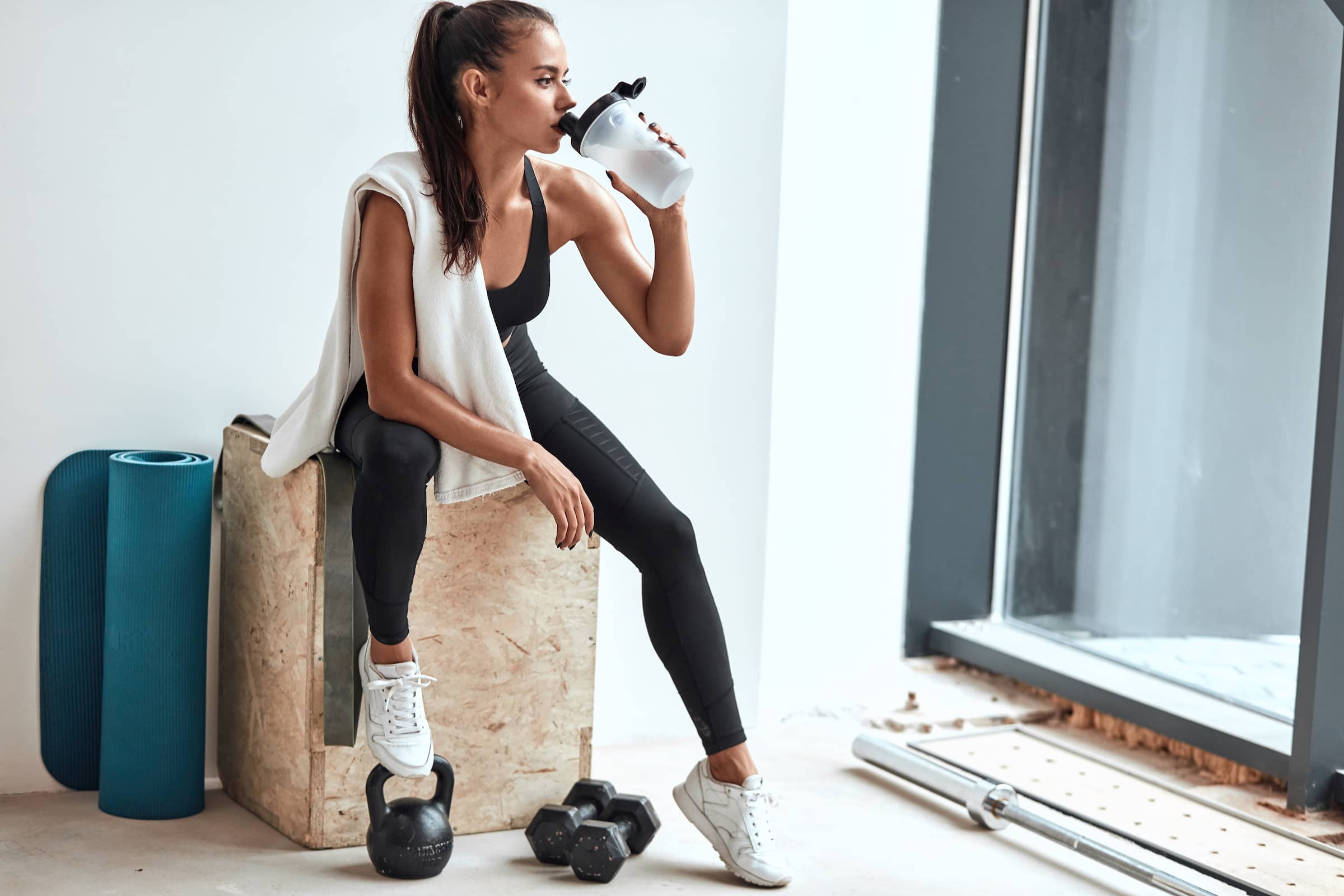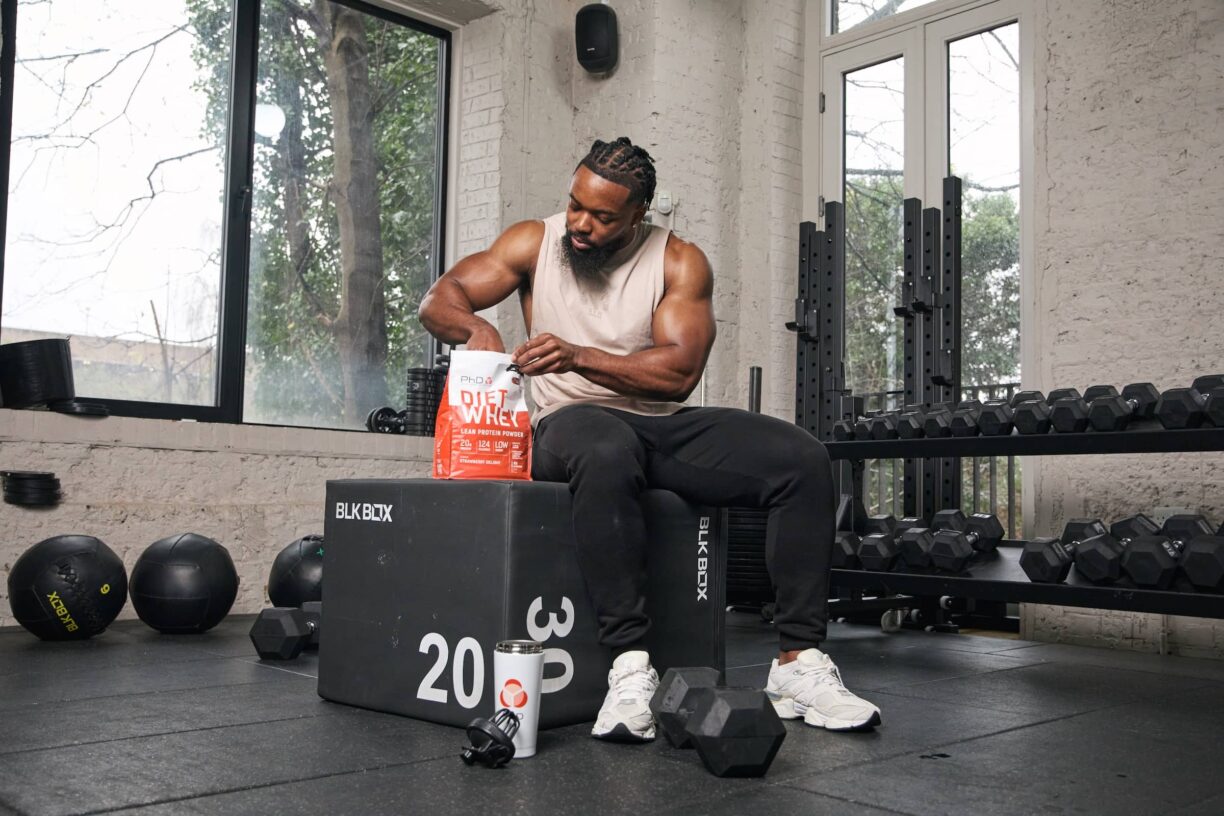As the temperature rises, it appears that most Brits are failing to meet NHS hydration guidelines. According to the latest PureGym UK Fitness Report, over three-quarters (78%) of the UK population drink significantly less water than recommended, putting them at risk of dehydration.
The Startling Statistics
Water is crucial for our body’s functioning, yet a survey of over 2,000 adults reveals some concerning habits.
Shockingly, 7% of people don’t drink any water daily, and only 24% manage to drink a litre or more per day.
On average, Brits consume just 726ml of water daily, far below the NHS and British Dietetics Association’s recommendation of 1.5 to 2.5 litres per day.
Why Hydration Matters

The recommended water intake can vary depending on activity level and environmental conditions.
Those who exercise regularly or are exposed to warmer temperatures need even more fluids to stay hydrated.
Water plays a vital role in many bodily processes, including nutrient transportation, waste removal, joint protection, organ cushioning, and temperature regulation.
The effects of inadequate hydration can be severe, leading to issues like dry mouth, infrequent urination, dry skin, headaches, dizziness, and rapid heartbeat.
Phil Carpenter, a PT and Assistant Gym Manager at PureGym Portsmouth, highlights the impact of modern lifestyles on hydration: “Busy schedules and poor planning mean we tend to lose sight of keeping hydrated and only take on essential fluids once we’re already dehydrated.
This can affect the body in many ways, but the most common are being thirsty, having a dry mouth, less frequent urination, dry skin, headaches, dizziness and a rapid heartbeat.”
Spotting Dehydration
Monitoring urine colour is a simple way to track hydration. Aim for pale yellow urine throughout the day.
Darker urine with a strong smell indicates insufficient water intake. Thirst, dry mouth, tiredness, headaches, and lack of concentration are also common signs of dehydration.
More severe symptoms include nausea and dizziness, often experienced after exercise or prolonged exposure to heat without adequate hydration.
Other Hydrating Beverages
For those who avoid plain water, other drinks can also provide hydration. However, drinks with sugar, caffeine, or alcohol are less effective.
Sparkling water is as hydrating as still water. Beverages like squash, juice, and soda can help, but high sugar content can have a dehydrating effect.
Alcohol and caffeinated drinks, especially in large amounts, can act as diuretics, reducing hydration levels.
Who’s at Risk?
Certain groups are more prone to dehydration. Women generally drink less water than men, averaging 675ml daily compared to men’s 776ml.
Young people (aged 16-24) and those over 55 are particularly at risk. Young adults average just 676ml per day, while older adults drink even less, averaging 668ml daily.
These groups often suffer more from inadequate hydration, exacerbating health issues like UTIs and dementia.
Improving Hydration
Phil Carpenter advises: “If you really struggle with staying hydrated, try tracking your water consumption with a hydration app, scheduled reminders on your phone, or even get a bottle with water levels on it – whatever works for you!
My top tip is to add some lemon, lime or even electrolytes into your water – your body will thank you for it.”
Regular exercisers should consider adding electrolytes to their water. An easy homemade isotonic drink can be made by mixing 250ml of squash or 200ml of high-juice squash with 750-800ml of cold water and ¼ tsp salt. This mix helps replenish salts lost during workouts.
Stephen Rowe, Chief Marketing Officer at PureGym, emphasizes small changes: “Getting into the routine of having a glass of water first thing in the morning and at timed increments throughout the day can go a long way when it comes to ensuring that you’re consuming enough water. Like with most healthy habits, taking small steps each day adds up!”
With so many Brits falling short of the recommended daily water intake, it’s crucial to address this issue for better health outcomes.
By making small, manageable changes to hydration habits, individuals can significantly improve their overall well-being.
For more insights into the nation’s fitness and nutrition habits, visit the UK Fitness Report at PureGym.





